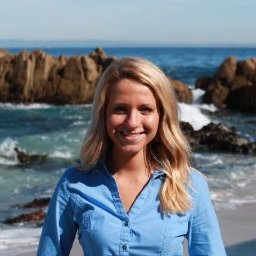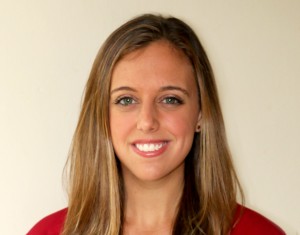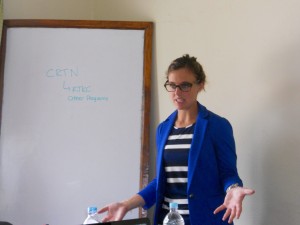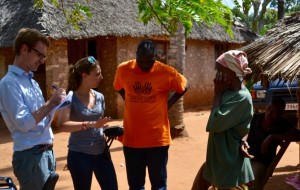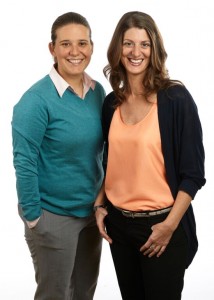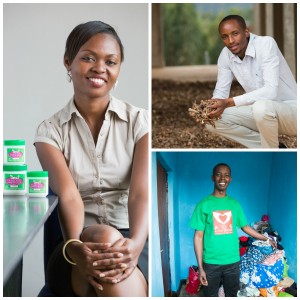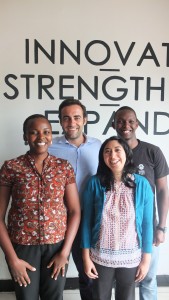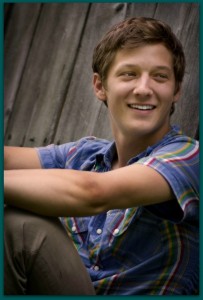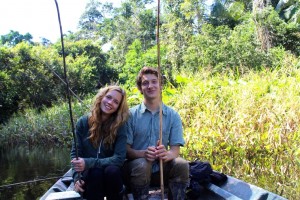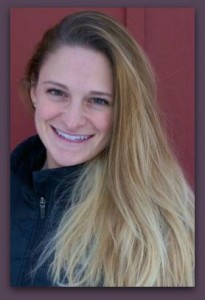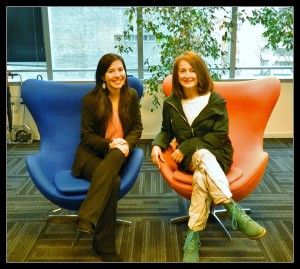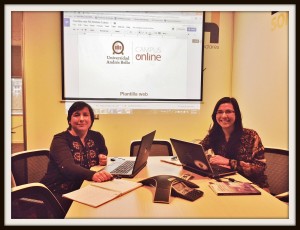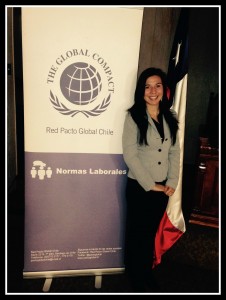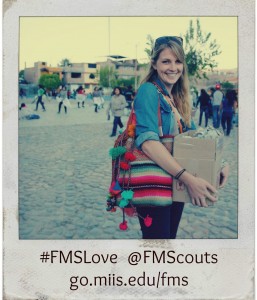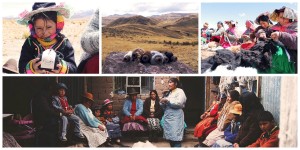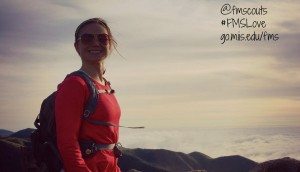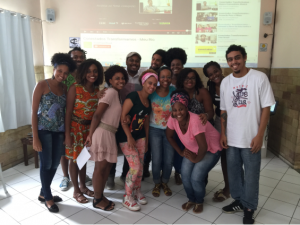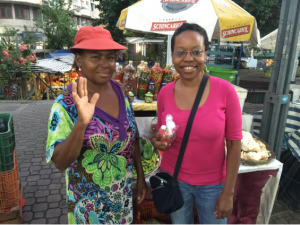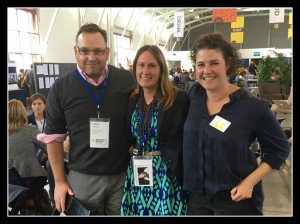
CSIL attended Social Capital Markets’ SOCAP15 conference, and WE LOVED IT!
SOCAP is a the perfect event opportunity to reconnect with great minds! Above, Slater Matzke, FMS Partner Engagement Associate at CSIL reunites with recent MIIS graduates and CSIL stars, Sarah Sterling and Donna Sinar (left to right) while at SOCAP.
CSIL Staff and MIIS graduate student attendees are excited to share their impressions with you in this special edition of testimonials and takeaways.
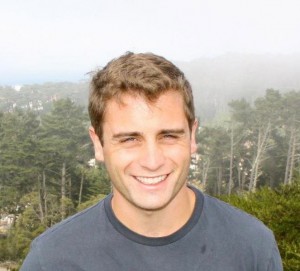
The next generation of impact investing isn’t about being fund managers allocating capital as a removed, third-party. Rather, its about democratizing investment decisions within the community.
–Ben Grimmig, Graduate Candidate Middlebury Institute of International Studies, Strategic Initiatives Assistant at CSIL
The session on ‘Human Capital Solutions for the Future of Impact Investing’ led by some great 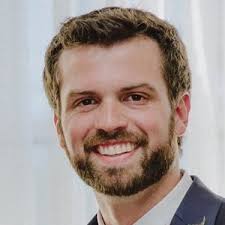 practitioners, including Sal Giambanco of Omidyar Network and Paul Breloff of Accion Venture Lab, really hit home with its emphasis on talent. The panel spoke about questions of how to find qualified talent, about employee engagement in social enterprise and of course the widely-discussed compensation. Hearing from leaders in the world of impact investing about the importance of universities and programs like Frontier Market Scouts and Ambassador Corps drove home the impact of the activities of CSIL.
practitioners, including Sal Giambanco of Omidyar Network and Paul Breloff of Accion Venture Lab, really hit home with its emphasis on talent. The panel spoke about questions of how to find qualified talent, about employee engagement in social enterprise and of course the widely-discussed compensation. Hearing from leaders in the world of impact investing about the importance of universities and programs like Frontier Market Scouts and Ambassador Corps drove home the impact of the activities of CSIL.
–Hunter Tanous, Strategic Initiatives Associate
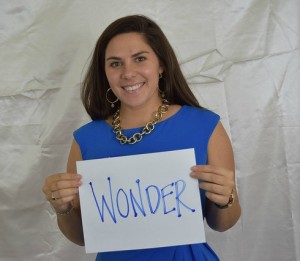
Impact investing portfolios are outperforming traditional portfolios. This gives us confidence in the work we are doing and the causes we believe in.
–Annie Makela, Associate Director of Strategic Initiatives
1. Some significant, challenging, introspection is required around the following questions: Is the social enterprise and impact investing space a well-functioning market? Do impact investors need to delineate between “bridging the frontier gap” and “market distortion”? (i.e., When, where, and how do traditional grant money and LPs willing to accept concessionary returns serve to help impact entrepreneurs scale their businesses and become profitable in nascent, undercapitalized, markets/industries? When, where, and how might they create perverse incentives?)
between “bridging the frontier gap” and “market distortion”? (i.e., When, where, and how do traditional grant money and LPs willing to accept concessionary returns serve to help impact entrepreneurs scale their businesses and become profitable in nascent, undercapitalized, markets/industries? When, where, and how might they create perverse incentives?)
2. There seem to be some lingering, unanswered, questions surrounding environmental and social impact metrics: What do investors want measured? Among different types of investors and asset classes, are there a varying appetites for rigor when it comes to impact metrics? If so, how do impact asset managers best adapt to tailoring varying levels of reporting required by different LPs? How do asset managers propose to collect data? What is the burden for data collection on social entrepreneurs? What are the challenges and costs associated with remote data collection in emerging markets? How do you establish a baseline? How is monitoring and evaluation conducted over the lifetime of an investment? Over what time intervals should asset managers report? Should there be an expectation that this data becomes public?
3. The ideas and investment vehicles coming out of the natural resource conservation space are among the most exciting financial innovations in the US economy. Some revolutionary propositions around:
—Market-based methods to combat drought and forest fire (panel: Ricardo Bayon @EncourageCapital, Zach Knight @BlueForestConservation, Eric Hallstein @TheNatureConservancy, David Groves @PrivateCapitalForPublicGood, Louise Bedsworth @OfficeofJerryBrown)
—Land conservation (Eric Hallstein @TheNatureConservancy, Susan Phinney @David&Lucille Packard Foundation, Peter Stein @LymeTimber)
—Water conservation (Joe Whitworth @FreshwaterTrust, Eric Hallstein @TheNatureConservancy, Ricardo Bayon @EncourageCapital)
—Established vs. emerging market opportunities in real asset conservation (Ricardo Bayon @EncourageCapital, Justina Lai @WetherbyAssetManagement, Chris Larson @NewIslandCapital, Jerome Ryan @ConservationForestryPartners)
—Environmental investments generating social outcomes (Taryn Goodman @NatureVest/TNC, Debra Schwartz @JohnDandCatherineTMacArthurFoundation, Bettina von Hagen @EcotrustForestMgmt, Craig Wichner @FarmlandLP)
–Alex Wilbanks, Operations and Marketing Associate
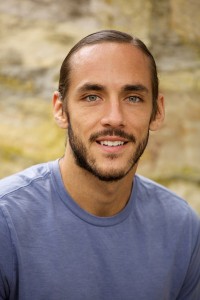
1. Social responsibility in supply chains (impact sourcing) opens a new door for advertising/marketing
2. As social entrepreneurs working in innovative spaces, why are we using the same models to function as those not in our space (wages and other compensation)? Is it possible to generate new motivations for the work of social innovators so as to encourage more creativity as opposed to confining them to the same parameters as every-day business people?
3. Although not a new idea, I think this one needs to be emphasized! Every person that makes up an org brings their own opinions and biases that stem from their worldview/experiences. These collective opinions and biases end up forming the work culture, suggesting that people should take full responsibility for how they personally improve or worsen the workplace dynamic, and individuals should have more agency to confront personal issues, if not only to better themselves, but also to improve the efficiency and morale of their employer.
–Danny Pavitt, Graduate Candidate Middlebury Institute of International Studies
CSIL’s Operations and Marketing Associate, Alex Wilbanks, has compiled a list of great reads as a follow up to SOCAP15. We are particularly proud to highlight “Investing for Sustainable Global Fisheries“, a publication which Alex contributed to as a consultant for Encourage Capital. Well done, Alex!
| “Introducing the Impact Investing Benchmark” |
Exciting data on the performance of impact asset managers |
| “Liquid Assets: Investing for Impact in the Colorado River Basin” |
Walton Family funded research exploring innovative financial approaches to massive natural resource management challenges surrounding water use in the Colorado River Basin |
| “Investing for Sustainable Global Fisheries” |
Funded through a collaboration between Bloomberg Philanthropies’ Vibrant Oceans Initiative and The Rockefeller Foundation, this report proposes several investment blueprints that promote enhanced fisheries management for artisanal and mid-scale fisheries in The Philippines, Chile and Brazil. |
| “ImpactAssets Releases Annual IA 50 Impact Investment Fund Showcase” |
“ImpactAssets has released its 2015 impact investing showcase, the ImpactAssets 50 (IA 50), a free online resource for investors and financial advisors. The fifth annual guide features fund managers representing private debt and equity investments that deliver social and environmental impact as well as financial returns. “ |
| “Scaling U.S. Community Investing: The Investor-Product Interface” |
“The GIIN, in partnership with the Carsey School of Public Policy, published Scaling U.S. Community Investing: The Investor-Product Interface, an in-depth landscape study of the U.S. Community Investing (USCI) field. The full report includes a detailed analysis of the major types of USCI products, parameters that different investors use to evaluate investment opportunities, and the barriers and opportunities to increasing investment.” |
Upcoming Events:
Frontier Market Scouts (FMS) : It’s your last chance to apply to our D.C. Training! Applications close this Friday, October 30th. Apply: go.miis.edu/fms
CSIL will be hosting our SOCAP RECAP event tomorrow!
On Tuesday, October 27th from 12 to 1:30 in our offices, SOCAP attendees will share their biggest takeaways from SOCAP15 and group discussions will be held on key topics. Bring your lunch, snack on CSIL goodies and let’s talk impact! Looking forward to seeing you there.
1st Millennial Impact Speakers Series Event: “B Corps;Business as a Force for Good.” Four B Corp rockstars such as Marcello Palazzi (co founder of B Corps Europe) and Vincent Suich (founder of Monterey’s first B Certified Benefit Corporation, Sox Box) will present for us. Join us to answer these burning questions: What is a B Corp? Why do B Corps Matter? How can MIIS help local businesses become Certified B Corps? This special event will take place on Monday, Nov. 2nd in McGowan 102 from 6-7pm with free food, wine, prizes, and reception to follow. Please contact socialimpact@miis.edu for more info. We’ll see you there!
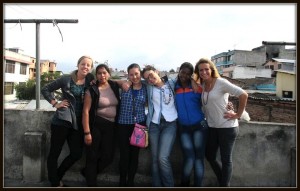 who work for similar social enterprises in order to find raw materials in the Andean region.
who work for similar social enterprises in order to find raw materials in the Andean region.
